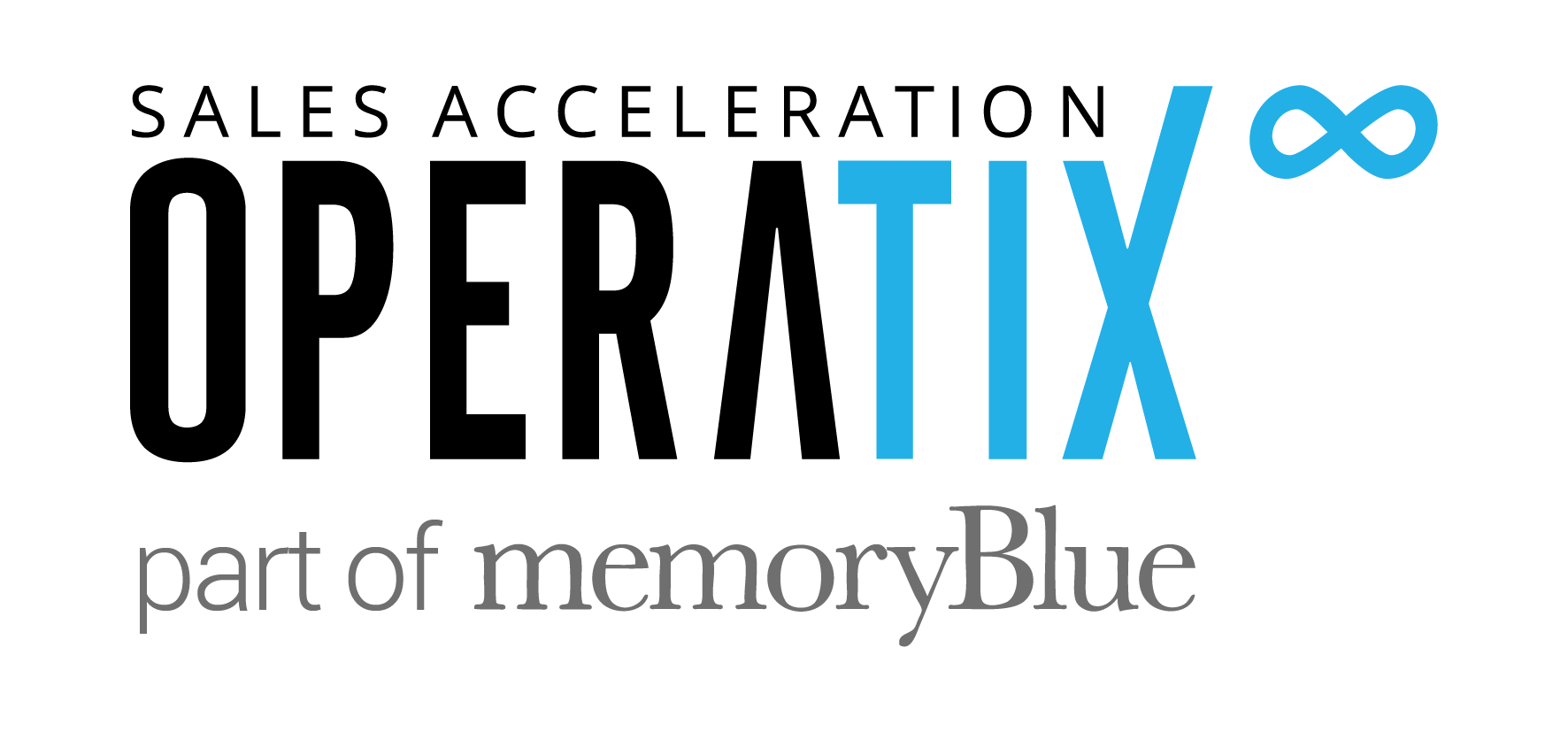Attribution and measuring ROI are incredibly important elements of marketing.
But are we being victims of measuring marketing excessively and compromising on creativity?
There has been hot debate on both sides about best practices for measuring marketing, but more and more people seem to agree…
At some point, it’s just too much.
In this episode, we talk with Matt Fleming, Director of Marketing at Loadsmart, about measuring marketing.
Matt leads marketing at Loadsmart, a technology company that combines artificial intelligence and machine learning with industry partnerships to help shippers move freight efficiently.
“Attribution and measuring ROI are incredibly important parts of marketing,” Matt said.
But to the question of whether we’re measuring marketing excessively?
Matt said yes.


There will always be things that are hard to measure that we know deep in our gut are wildly important.
Matt Fleming – Director of Marketing at Loadsmart
3 flaws of over-measurement
Over the past 10 to 15 years, companies are using attribution analyses to define their marketing playbook.
“Everything that marketing should be doing is defined by the attribution analysis — and typically ROI is revenue,” Matt said.
But particularly if you’re a technology company, that doesn’t add up.
Longer sales cycles
Look, B2B tech companies just have longer sales cycles.
“There are likely dozens upon dozens of touch points that occur over the course of a six month sales cycle, and you probably only track at best half of them,” Matt pointed out.
Misleading measurements
Of the data we do track, it doesn’t always represent our best course of action.
Take a PR or media relations function. How do you measure the ROI on that?
“The reality is that you can’t even measure the traffic from the referral itself, but we all know internally that media relations and PR is an important component of marketing,” Matt said.
Arbitrary measurement models
Unpopular opinion alert: The models that we actually use to measure touch points are not scientific at all.
“It’s literally the equivalent of sticking your finger in the air and trying to feel which way the wind blows,” Matt said.
These compounding problems of long sales cycles, measuring the wrong data, and modeling data arbitrarily mean that measuring marketing has a long way to go before its data can be meaningful.


There’s been a massive over-focus on both tech and analytics. As a result, marketing became transactional.
Matt Fleming – Director of Marketing at Loadsmart
Measuring brand awareness
Marketers who focus too much on driving short term results are actually leaving aside some activities that are fundamental to brand building.
You can’t measure a website redesign in terms of ROI, but it’s an incredibly important component of marketing.
What you need to measure is partly tied to the type of business that you’re in, but it’s just plain necessary that we acknowledge this truth:
“There will always be things that are hard to measure that we know deep in our gut are wildly important,” Matt said.
That said, is there a way for marketing to measure brand awareness?
Depending on the stage of company that you’re at, you’ll have different resources to put into measuring brand awareness.
- Look for trends in organic branded searches for your company over time
- Conduct brand awareness surveys
- Analyze customer relationships in terms of NPS scores
- Develop a sense of customer attitudes toward your brand
“When you’ve focused on brand marketing activities like building brand affinity, there is a buzz in the way that people engage with you,” Matt said.
In measuring marketing, can you put a data point on “buzz”?
No, but that’s the whole point behind measuring marketing — you can’t always.


Going into the next 5 years, a company’s ability to generate demand is going to be indefinitely more efficient by building brand affinity.
Matt Fleming – Director of Marketing at Loadsmart
The worst consequences of over-measuring
Marketers are expected to be analytical. And often, that comes at the cost of creativity.
“There’s been a massive over-focus on both tech and analytics,” Matt said. “As a result, marketing became very transactional.”
- How many MQLs did you bring in?
- How many of those turned to SQLs?
- How did that turn into revenue?
“We became so focused on transactional marketing that it came at the cost of building a brand and building affinity with that brand,” Matt said.
You can’t measure an authentic connection between brand and the people you’re trying to sell to.
So some of us stopped doing it.
Isn’t it ridiculous that some marketers who are perceived as successful don’t know how to tell a story anymore?
“The over-focus on analytics has actually gotten us further from the results we want,” Matt said.
The good news is that analytics and creativity aren’t mutually exclusive.
Matt suggests there are some activities that marketing should be doing that just aren’t measurable.
That said, he uses a unique framework to allocate creative and analytical time across his team.
Big-picture budget
- Demand gen & tools: 80%
- Brand affinity: 20%
He carves out a segment of the budget to devote exclusively to the revenue target, then to the tools necessary to achieve it…
Then he takes the remainder, usually about 20%, to build brand affinity.
“To be honest, if I didn’t have to make those compromises, I’d probably invest even more in brands,” Matt said.
“Going into the next 5 years, a company’s ability to generate demand is going to be infinitely more efficient by building brand affinity than it would be by any typical marketing playbook.”
If you want to this topic further with Matt, get in touch with him at matthew.fleming@loadsmart.com or on LinkedIn.
To hear this interview and many more like it, subscribe to The B2B Revenue Acceleration Podcast on Apple Podcasts, on Spotify, or our website.





